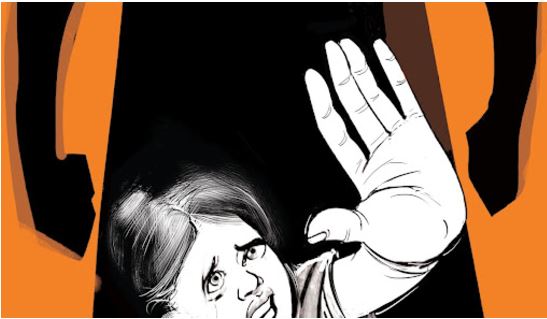
It is early morning at the Malaba and Busia law courts. Groups of elders, advocates, and court brokers gather in hushed tones, their conversations heavy with concern.
These quiet meetings often revolve around serious matters — and sometimes, claims of disturbing backroom dealings.
In one such case, sources familiar with the matter allege that a police officer arrived accompanied by a clinical officer whose medical report appeared inconsistent with earlier assessments.
Some community members suspect the report may have been influenced to benefit a suspect in a defilement case involving a minor.
According to those close to the family, a land buyer allegedly offered a cash bribe — Sh300,000 — to be shared among intermediaries.
The motive, sources claim, was either to secure the suspect’s release or to influence the outcome of the case.
It is further alleged that Sh100,000 was proposed as a “settlement” for the victim’s family, a decision reportedly agreed upon by key individuals involved in the matter.
The child’s father allegedly accepted the offer and purchased a motorcycle.
Later, there were claims that the mother and child were pressured to withdraw the case, leaving them with limited options and growing fear for their safety.
The children’s officer who had sheltered the girl was reportedly left in a dilemma.
This reflects the harsh reality faced by many Gender-Based Violence (GBV) victims in Busia, who suffer in silence.
The move saw Teso South Member of Parliament Mary Emase and Busia Woman Rep Catherine Omanyo come out and urge the government through the Ministry of Gender to establish a safe house in Busia to offer alternative psychosocial support to the victims of GBV amid rising cases.
According to Emase, the matter of GBV in Busia must be treated as an issue of national security.
For the last 10 years, over 250 youths from Busia have been serving jail time or being held in police custody for either defiling a minor or other forms of GBV.
Emase has come out to advocate for the rights of Busia children.
“These cases of Gender Based Violence in Busia must come to an end,” said Emase.
“It is time for the National Police Service to establish a Gender Desk, even as we push for all the three courts in Busia to have children courts, where matters affecting children are handled,” she added.
On the other hand, Catherine Omanyo wants the Busia people to deliberate on child negligence, which is the root cause of the GBV crime rampant in Busia.
“In every 10 school girls and boys in Busia, 3 drop out of school every year due to child negligence even as they opt to either move to Saudi Arabia as house girls or join the bodaboda sector to become agents of smuggling,” said Omanyo.
“The government must declare free secondary education for Busia children if we want to save the future generation,” the legislator noted.
According to Child Protection data of 2025, cases of child neglect in Busia stand at 57.8 per cent, the defilement rate is at 7.5 percent, child custody is at 17.7 percent, while abandonment stands at 4.8 percent, and other forms of GBV at 13.2 percent.
This is far above the national level rates, pausing the question on why this abnormal percentage and what ought to be done to curb this vice among Busia residents.
According to children's Officer Teso North, Brenda Emuria, there is a need for sensitisation of the community within Busia on GBV and empowerment of many families who live at the border where a girl cannot afford to buy panties or basic needs.
There are over 75 active GBV cases in Busia as of last year, with all eyes set on the court for justice.







![[PHOTOS] Gachagua warm reception in Nyandarua](/_next/image?url=https%3A%2F%2Fcdn.radioafrica.digital%2Fimage%2F2025%2F04%2Fc2a8c64d-5577-4768-a0ac-513c8876c288.jpeg&w=3840&q=100)


